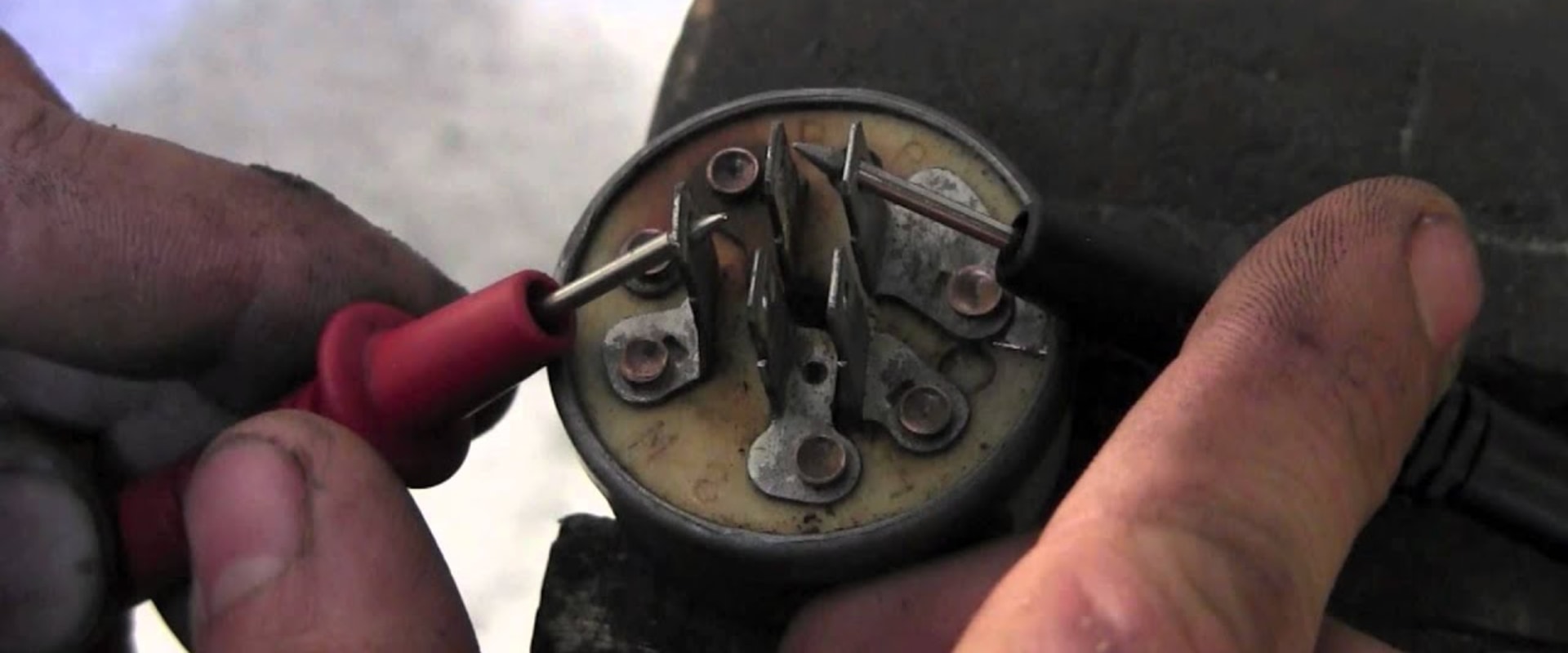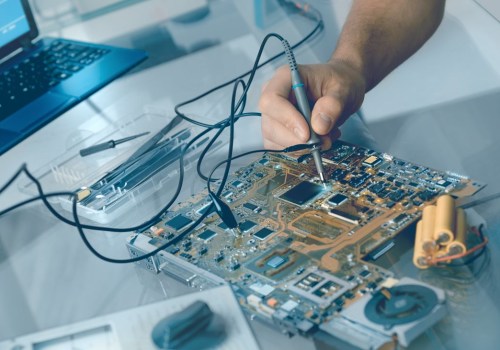An oven is a vital appliance in any kitchen, but like all machines, it has a finite lifespan. Knowing when to replace your oven can save you money on repairs, ensure safety, and enhance your cooking experience. On average, a well-maintained oven can last between 10 and 15 years. However, various factors, such as usage frequency, maintenance habits, and the quality of the appliance, can impact its longevity. One of the first signs that it might be time to replace your oven is consistent performance issues. If your food is coming out unevenly cooked or the oven takes longer to heat than it should, it could indicate failing components that may not be worth repairing. Additionally, persistent mechanical or electronic malfunctions, such as a broken thermostat or unresponsive control panel, can signal that your oven is nearing the end of its useful life.
Safety Concerns
Safety is another critical factor to consider when determining whether to replace your oven. Over time, wear and tear can compromise the integrity of the appliance, potentially creating hazards. Gas ovens may develop leaks, while electric ovens can present risks of electrical shorts or overheating. Unusual odors, such as a persistent gas smell or burning scent, should never be ignored, as they can indicate serious safety issues. Similarly, visible damage, such as cracked glass on the oven door or frayed electrical cords, is a clear sign that it’s time to consider a replacement. In these cases, continuing to use the oven can pose risks to both your home and family.
Cost vs. Repairs
Another important consideration is the cost of repairs versus the price of a new oven. As appliances age, the cost of maintaining them often increases. Parts may become harder to find, and repeated service calls can add up quickly. If the repair bill exceeds 50% of the cost of a new oven, it is usually more economical to invest in a replacement. Upgrading to a modern oven also provides the opportunity to enjoy new features and energy efficiency, which can save money on utility bills in the long term. When facing frequent breakdowns, it’s worth consulting professionals like Appliance Geeks LLC - Albuquerque, NM, who can provide an honest assessment of whether repairs are worthwhile or if a replacement is the better option.
Efficiency and Modern Features
Older ovens often lack the energy efficiency and features found in newer models. If your current oven significantly increases your energy bills or struggles to maintain a consistent temperature, it may be time for an upgrade. Modern ovens come equipped with advanced features such as convection cooking, self-cleaning functions, and smart technology that allows for remote control and monitoring via smartphone apps. These features not only make cooking more convenient but also ensure that your meals are prepared more efficiently and precisely. For example, convection ovens circulate hot air evenly, reducing cooking times and improving results. The enhanced energy efficiency of newer models can also reduce your carbon footprint and lower your utility costs.
Lifestyle Changes
Lifestyle changes can also play a role in deciding when to replace your oven. If your household has grown, you might need a larger oven to accommodate increased cooking needs. On the other hand, if you’ve downsized or cook less frequently, you might prefer a more compact or energy-efficient model. Additionally, if you’ve recently renovated your kitchen or plan to do so, upgrading your oven to match the new design can enhance the overall aesthetics and functionality of your space. An outdated oven can feel out of place in a modern kitchen, and replacing it with a sleek, updated model can complete the look while offering improved performance.
Environmental Impact
Replacing an old oven also has environmental implications. Older appliances tend to consume more energy, making them less eco-friendly. Upgrading to an Energy Star-rated oven can significantly reduce your energy consumption and lower your environmental impact. Furthermore, many newer ovens are made with sustainable materials and designed to be recycled at the end of their lifecycle. When disposing of an old oven, consider recycling programs that can repurpose its materials, minimizing waste and contributing to a greener environment.
Conclusion
Deciding when to replace your oven depends on several factors, including its age, performance, safety, and your personal needs. While routine maintenance and timely repairs can extend an oven’s lifespan, there comes a point when replacement becomes the more practical and economical choice. By upgrading to a modern, energy-efficient model, you can improve your cooking experience, save money on energy bills, and ensure the safety of your home. Consulting experienced professionals, can help you make an informed decision, whether it’s repairing your current oven or selecting a new one that suits your lifestyle. A well-timed replacement not only enhances your kitchen’s functionality but also provides peace of mind knowing that your appliance is reliable and safe for years to come.




